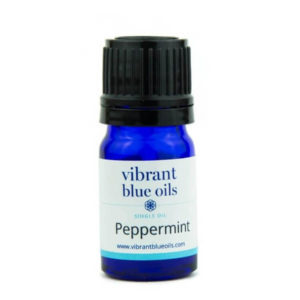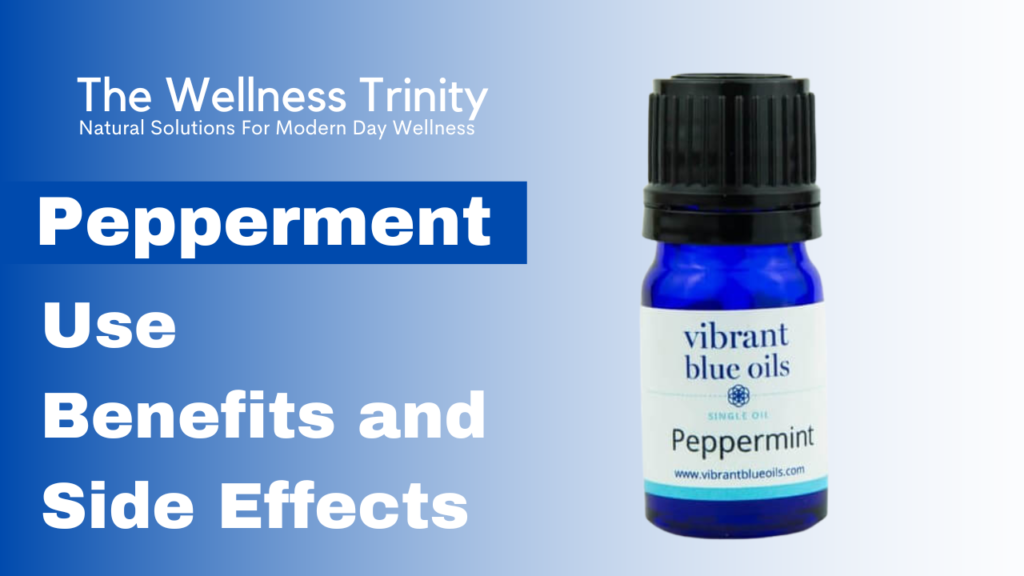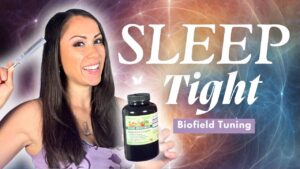Peppermint essential oil has been used for centuries for its medicinal properties. It is extracted from the leaves of the peppermint plant and has a strong, refreshing aroma. In this article, we will discuss the use, benefits, and side effects of peppermint essential oil.
Use of Peppermint Essential Oil:
Peppermint essential oil can be used in several ways, including:
Aromatherapy: Peppermint essential oil can be diffused into the air using an essential oil diffuser. This can help to improve mood, reduce stress, and promote relaxation.
Topical Application: Peppermint essential oil can be applied directly to the skin, but it should always be diluted with a carrier oil first. This can help to relieve muscle pain, headaches, and improve digestion.
Ingestion: Peppermint essential oil can be taken orally in small doses. However, it is important to use caution and consult a healthcare professional before ingesting essential oils.
Irritable Bowel Syndrome
Peppermint oil has been described as the drug of first choice in IBS patients as it safely helps alleviate symptoms and improve quality of life. Research has shown that it is effective in children and adults alike, with one study showing a 50 percent reduction in total irritable bowel syndrome score among 75 percent of patients who tried it.
Allergies Peppermint is a natural antihistamine, inhibiting the release of histamine and reducing allergy symptoms.
Shingles-Associated Pain A topical treatment of peppermint oil results in near-immediate improvement in shingles-associated pain.
Memory Problems The aroma of peppermint has been shown to enhance memory and increase alertness.
Chemotherapy-Induced Nausea Peppermint oil effectively reduces chemotherapy-induced nausea, and at a reduced cost compared to standard drug-based treatments.
Herpes Simplex Virus Type 1 Peppermint has been shown to help inhibit drug-resistant herpes simplex virus type 1.
Dental Cavities and Bad Breath Peppermint oil has been shown to be superior to the mouthwash chemical chlorhexidine in inhibiting the formation of biofilm formations linked to dental cavities.
Respiratory Benefits Peppermint oil acts as an expectorant and decongestant, and may help clear your respiratory tract. Use peppermint oil as a cold rub on your chest or inhale it through a vaporizer to help clear nasal congestion and relieve cough and cold symptoms.
Headaches Peppermint oil relieves tension headache pain. For headache pain, try dabbing a few drops on your wrist or sprinkling a few drops on a cloth, then inhaling the aroma. You can also massage the oil directly onto your temples and forehead.
Stress Peppermint oil is cooling and energizing. Add a few drops to your bath, or dap a few drops directly on your body then get into the tub, for near-instant stress relief. You can also put the oil into a burner for a stress-relieving aroma.
Asthma Peppermint contains rosmarinic acid (also found in rosemary), which helps to reduce inflammation-causing chemicals in people with asthma.
Infantile Colic Peppermint is at least as effective as simethicone in the treatment of colic in infants.
Benefits of Peppermint Essential Oil:
Peppermint essential oil has several potential health benefits, including:
Pain Relief: Peppermint essential oil has been shown to have analgesic properties, which can help to relieve pain.
Improved Digestion: Peppermint essential oil has been shown to have a relaxing effect on the muscles in the digestive tract, which can help to improve digestion and reduce symptoms of irritable bowel syndrome (IBS).
Improved Respiratory Function: Peppermint essential oil can help to improve respiratory function and reduce symptoms of asthma and bronchitis.
Headache Relief: Peppermint essential oil has been shown to have a cooling effect on the skin and can help to relieve headaches.
Side Effects of Peppermint Essential Oil:
While peppermint essential oil is generally safe when used properly, it can cause some side effects in certain individuals. These side effects may include:
Skin Irritation: Peppermint essential oil can cause skin irritation in some individuals. It is important to always dilute the oil before applying it to the skin.
Allergic Reactions: Some individuals may be allergic to peppermint essential oil. If you experience symptoms such as itching, swelling, or difficulty breathing, seek medical attention immediately.
Digestive Issues: Peppermint essential oil can cause digestive issues such as heartburn, nausea, and vomiting in some individuals.
In conclusion, peppermint essential oil has several potential health benefits and can be used in a variety of ways.
However, it is important to use caution and consult a healthcare professional before using essential oils, especially if you have any underlying health conditions or are pregnant or breastfeeding.
 Always use high-quality essential oils and follow proper dilution guidelines to avoid any potential side effects.
Always use high-quality essential oils and follow proper dilution guidelines to avoid any potential side effects.








